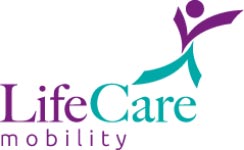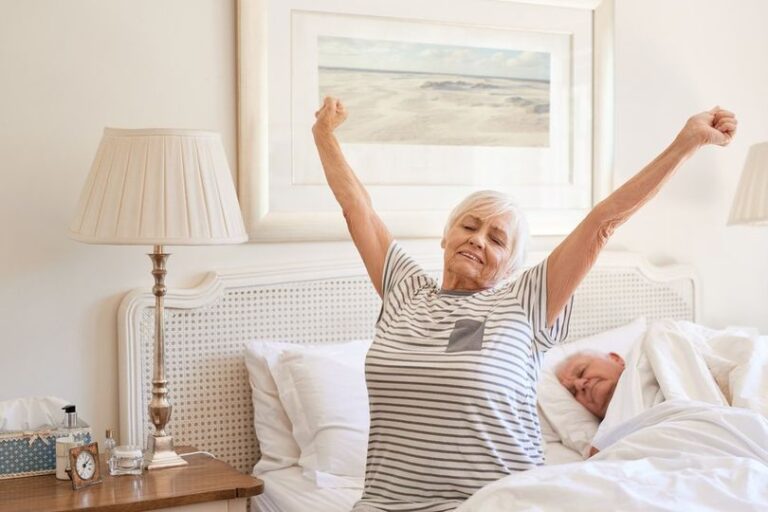Getting a good night’s sleep should not be underestimated. As HelpGuide.org explains, “insufficient sleep can also lead to serious health problems, including an increased risk of cardiovascular disease, diabetes, weight problems, and breast cancer in women.” The site points out that, as we age, it gets harder for us to sleep peacefully throughout the night. The older we get, the less our bodies produce growth hormone. This leads to a decrease in deep sleep.
It’s vital that older adults are able to get adequate sleep at night. “A good night’s sleep helps improve concentration and memory formation, allows your body to repair any cell damage that occurred during the day, and refreshes your immune system, which in turn helps to prevent disease,” says HelpGuide.org. So what can seniors do to sleep more soundly?
Take a break from coffee breaks.
Many of us feel the need to begin our days with a cup of coffee. The caffeine contained in the widely-popular drink helps to keep us alert. As a result, it’s not a recommended beverage for those who are trying to get more sleep at night. It’s wise to stay away from caffeinated drinks like coffee as well as soda later in the day.
As Kara Gavin advises on behalf of Michigan Health, “limit or stop consuming caffeine in the afternoon and evening: It can interfere with your ability to get to sleep later in the day, so swear off coffee, tea or caffeinated soda at dinner.”
Look into potential sleep apnea issues.
For many people, sleep apnea is the cause of their insomnia. This is a medical condition that involves people having short pauses in their breathing while they are asleep. As the National Institute on Aging explains, if not treated, sleep apnea can lead to other problems. They include high blood pressure, stroke and memory loss.
“You can have sleep apnea and not even know it,” informs their website, “Feeling sleepy during the day and being told you are snoring loudly at night could be signs that you have sleep apnea. If you think you have sleep apnea, see a doctor who can treat this sleep problem. You may need to learn to sleep in a position that keeps your airways open. Treatment using a continuous positive airway pressure (CPAP) device almost always helps people with sleep apnea.”
Talk to your doctor to address any medical issues.
In all fairness, seniors tend to contend with more ailments than their younger counterparts. Aches and pains combined with other medical conditions don’t make getting a good night’s sleep easy. Be sure to visit your doctor to discuss any and all barriers to getting adequate sleep. As HelpGuide.org notes, pain and/or medical conditions are top culprits for poor sleep.
According to the site, “health conditions such as a frequent need to urinate, pain, arthritis, asthma, diabetes, osteoporosis, nighttime heartburn, and Alzheimer’s disease can interfere with sleep.”
Get a home hospital bed.
Home hospital beds allow individuals to increase sleeping comfort by adjusting bed positioning with proper therapeutic mattress surfaces. Home hospital beds are perfect for individuals who have hard times getting in and out of bed, have sleeping issues or insomnia. To learn more, please don’t hesitate to call us at 416-267-9800 or email us at info@lifecaremobility.ca. You may also contact us by filling out the form on our Contact page!










